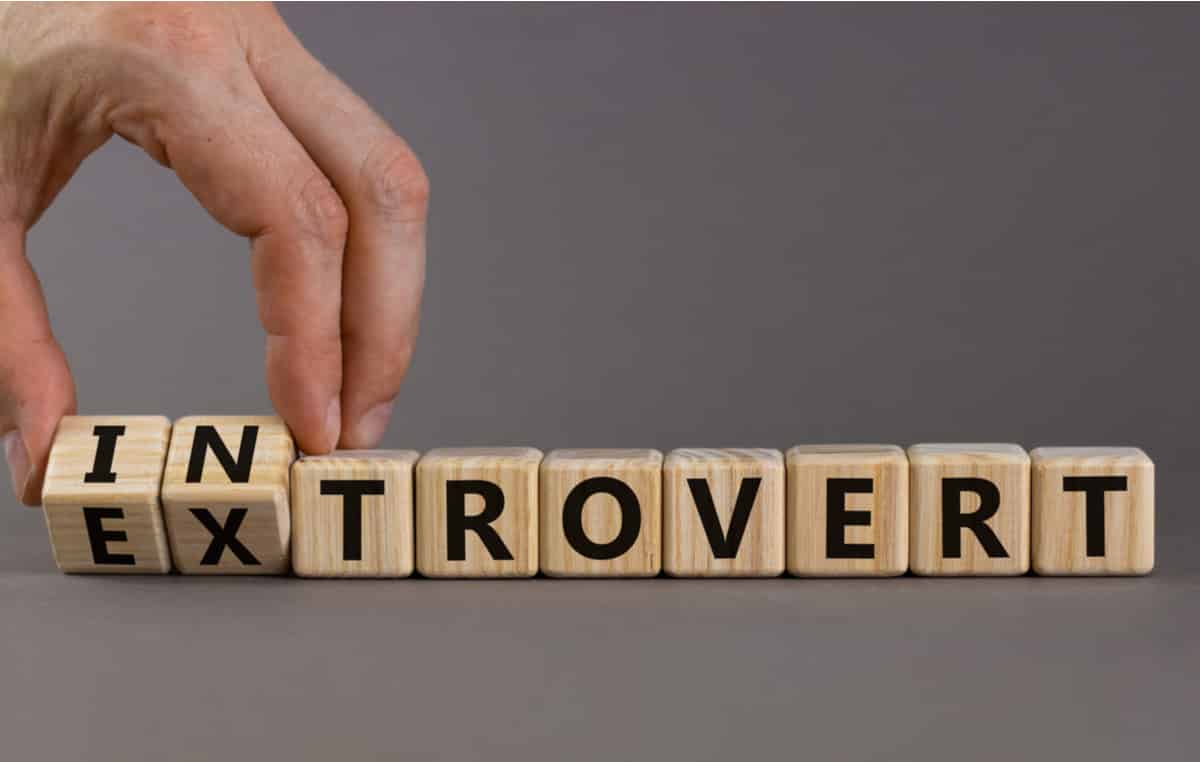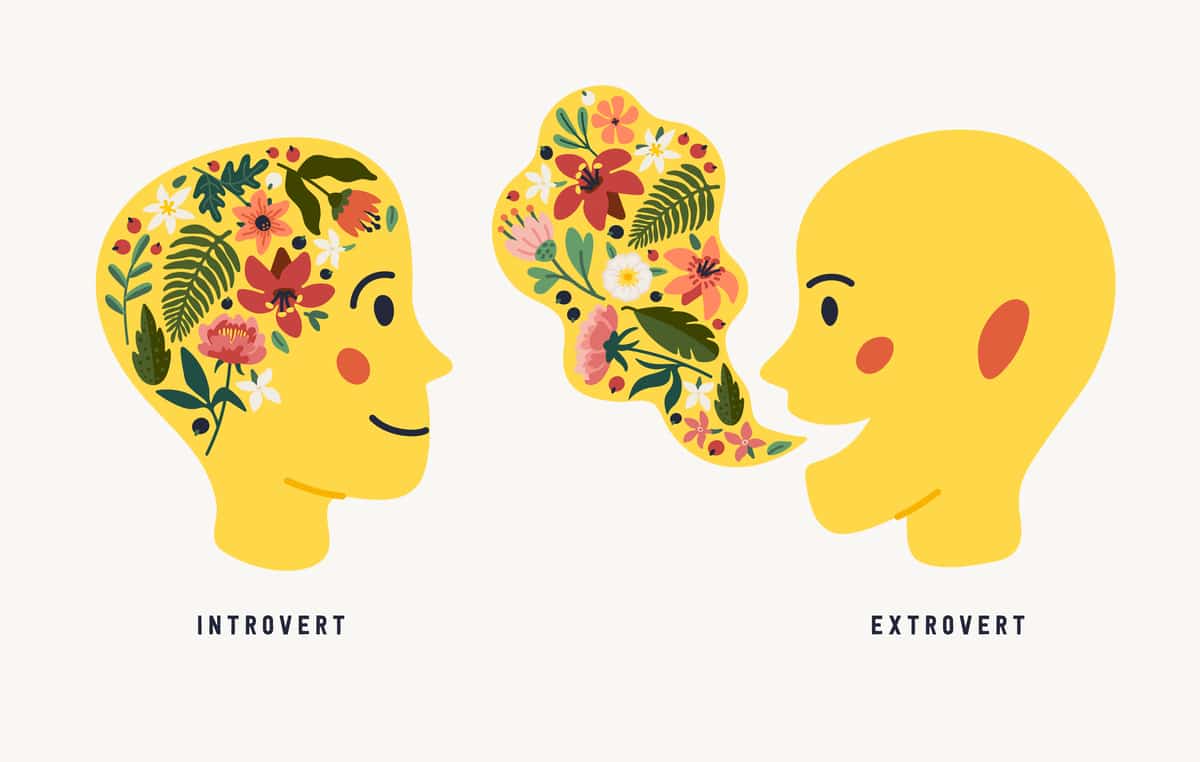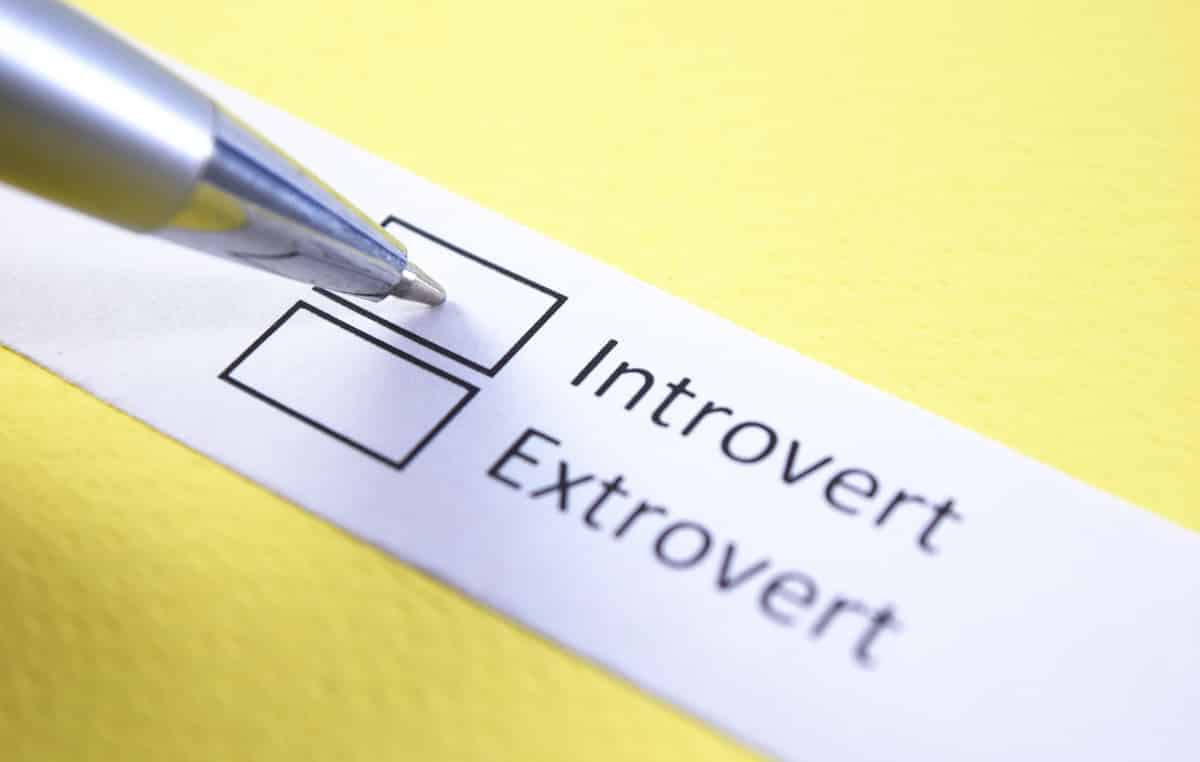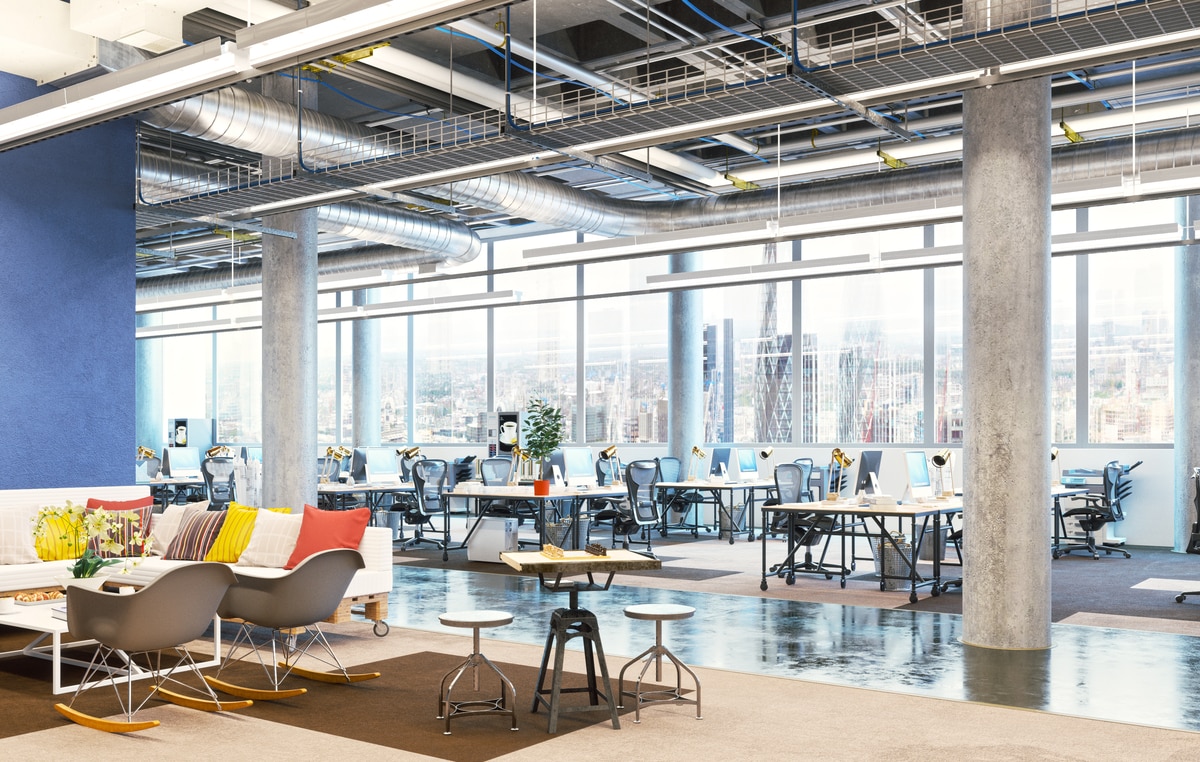
Introverts at Work
Are you an introvert? Someone who tends to be reserved and prefers to keep your thoughts to yourself? Do you find social interaction a tad draining? If you’re wondering how an introverted personality trait stacks up in the office, read on as we break down everything you need to know about introverts at work.
If you’re interesting in exploring how employees feel about remote working and returning to work amidst COVID-19, download out our free report.
Traits of an Introvert

A Healthline article describes introverts this way, “An introvert is often thought of as a quiet, reserved, and thoughtful individual. They don’t seek out special attention or social engagements, as these events can leave introverts feeling exhausted and drained. Introverts are the opposite of extroverts. Extroverts are often described as the life of a party. They seek out interaction and conversations. They aren’t one to miss a social gathering, and they thrive in the frenzy of a busy environment.”
People can fall anywhere on the spectrum between introvert and extrovert. The website Verywell Mind, a compassion online resource, quotes a theory by psychologist Hans Eysenck who says 15 percent of people have a minimal set point, meaning they naturally have low arousal levels, 15 percent of people have a high setpoint, meaning they naturally tend to be more aroused and 70 percent of people lie somewhere in the middle of the continuum.
Verywell Mind compiled a list of the following 8 signs that you are an introvert:
- Being Around Lots of People Drains Your Energy
- You Enjoy Solitude
- You Have a Small Group of Close Friends
- People Often Describe You as Quiet and May Find It Difficult to Get to Know You
- Too Much Stimulation Leaves You Feeling Distracted and Unfocused
- You Are Very Self-Aware
- You Like to Learn by Watching
- You Are Drawn to Jobs That Involve Independence
Why Introverts Make Great Workers

Introverts have many great characteristics that make them assets in the office. According to Stephanie Sarkis, Ph.D. – a licensed mental health counselor and author – in an article she wrote for Forbes Magazine,, “Introverts can be the quiet powerhouses in your office. Introverts are mistakenly seen as people who are shy or do not enjoy social interactions. Instead, introverts are simply people who relax by being by themselves. They also tend to observe before acting. Introverts have given us some of the most life-changing inventions, innovations and engineering feats.”
Below are just a few reasons why the Sarkis says introverts are a fabulous addition in any office:
- They are great observers
- They do not need external reinforcement
- They make more meaningful friendships
- They tend to be self-starters
- They are more likely to take calculated risks
- They don’t need others approval
Similarly, in an article by David William – a publisher, entrepreneur and founding editor of webwriterspotlight.com – written for LifeHack.org, a resource to help improve your life, he put together an insightful list of 15 things “introverts don’t do at work that makes them excel.” We are sharing William’s list below:
- They don’t speak before they think.
- They don’t encourage endless small talk.
- They don’t crave attention or the limelight.
- They don’t sit all day at their desk, cursing the world and shunning daylight.
- They don’t patronize those they lead or supervise.
- They generally don’t evoke negative emotions in others.
- They don’t mind networking as extroverts when necessary.
- They don’t stay silent on topics they’re passionate about.
- They don’t act rashly.
- They don’t support superficial office politics and gossip.
- They don’t feel bored working long hours.
- They don’t mind taking on solo projects.
- They don’t appreciate interruptions when working.
- They don’t miss deadlines easily.
- They don’t hate people or colleagues.
Common Challenges for Introverts in the Workplace

With any type of strong personality there can obviously be some challenges in the workplace. For introverts, there are some common threads that tend to cause stress and anxiety.
Introvert, Dear, an online community and publication for introverts, posted a 2019 article by introvert Ashley Burk on “Why it’s Hard to be an Introvert in the Workplace Today.” Burk’s piece includes a list of 5 pitfalls of an “extroverted” workplace, including:
- The open concept office
- An overreliance on collaboration
- Constant assurance and reassurance culture
- The constant expectation to be social
- Being judged for being quiet
Open Concept Offices and Introverts

The first point Burk made in her piece about “Why it’s Hard to be an Introvert in the Workplace Today,” – the open concept office – is an important point worth more discussion. This type of office design, which typically removes closed-door barriers like individual offices in favor of a layout where people work alongside their colleagues in an open floor plan, is not usually ideal for introverts.
In fact, open office plans have come under greater scrutiny recently as research has shown they are not as effective as people initially thought in terms of increasing productivity. Some experts now believe the open office concept may in fact lead to less productivity, more distraction and even decrease collaboration. If you want to read more about the potential downsides of an open office layout, check out Smartway2’s recent blog post on the subject (LINK TO OTHER ARTICLE THIS WEEK).
An article published on Business 2 Community, an open community for business professionals, features insight from introversion expert Susan Cain. On the concept of open offices, the article reads in part, “According to Cain, the open-office environment is too noisy and overstimulating for most introverts. In a study where introverts and extroverts adjusted the level of music while working on problems, on average introverts preferred sound at 55 decibels while extroverts enjoyed 72. When you consider the average conversation level is around 60 decibels, you can see how conversations can disturb an introvert, while stimulating an extrovert.” That piece continues on to say, “Open-offices also cause too many interruptions. Due to the lack of privacy, a worker can be interrupted at any time. In a study of 38,000 workers, Cain said, being interrupted was found to be one of the biggest barriers to productivity. In addition, Cain noted numerous studies have found open-office spaces impair memory, increase stress, and reduce private conversations between colleagues. In many ways, these spaces inhibit the very collaboration they were meant to encourage.”
Is Activity-Based Working the answer?

As noted above, if open office plans pose issues and challenges for introverts, as well as some pitfalls for all other workers, perhaps the answer to the ideal office setup is something else – like activity-based working. Activity-based working (ABW) is a solution that provides what some believe to be the best of both worlds. ABW is an office layout where spaces are specifically catered to different types of work assignments and people, allowing workers to pick and choose the ideal places to get a specific task done at any given time. Activity-based workspaces typically include quiet spaces for when concentration and deeper focus is needed, as well as social spaces where people can share ideas and collaborate in a more lively setting.
Smartway2 is a workplace scheduling platform for modern, agile and collaborative companies. Our flexible software enables organizations to increase productivity, optimize space utilization and reduce carbon footprint.


